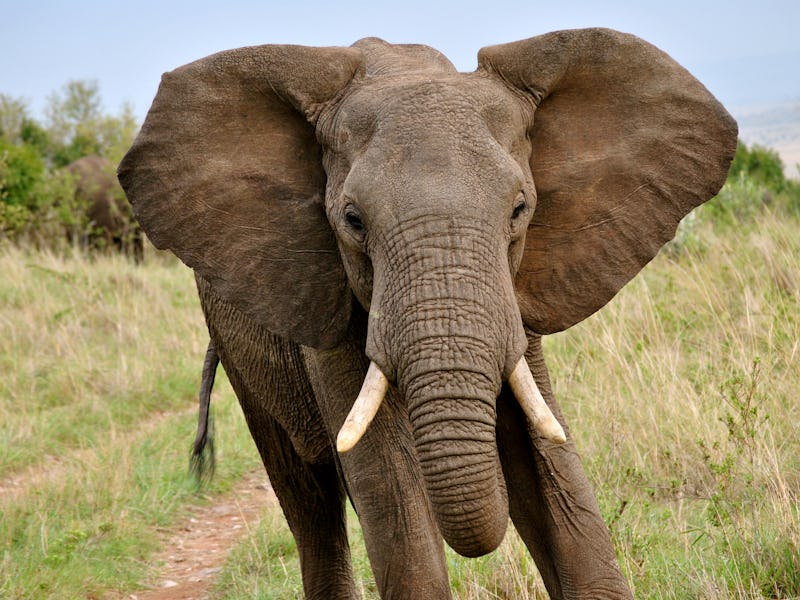Facebook Is Linked to Illegal Ivory Trade, SEC Complaint Claims
Along with the selling of rhino horn and tiger teeth.

While many people were watching Mark Zuckerberg testify before Congress regarding the Cambridge Analytica scandal back in April, a complaint filed with the federal government was made public. It alleged illegal deals for animal body parts took place on Facebook.
The law firm of Kohn, Kohn & Colapinto filed a complaint with the Securities and Exchange Commission (SEC) originally last August, but it became public on April 9 as reported by the Associated Press. The complaint alleges that wildlife traffickers used Facebook to set up deals to sell elephant ivory, rhino horn, and tiger teeth. An undercover informant recorded these meetings where the parties communicated via Facebook private groups and Messenger, along with apps owned by the social media platform such as Instagram and WhatsApp. And, as of this Friday, the deals are still being made, according to Stephen Kohn, executive director of the National Whistleblower Center.
“I’ve done whistleblowing for 33 years. Seen pretty much everything. And for criminal activity to be this open and for the United States government not to be cracking down on it aggressively, is absolutely shocking,” Kohn told WJLA. “You can go on Facebook today and you’ll see every single endangered species for sale. Some live, some dead. It’s pretty shocking. What we saw immediately was that Facebook was most likely the number one source of trafficking worldwide.”
During Zuckerberg’s testimony in front of House Energy & Commerce Committee on April 11, Representative Buddy Carter brought up the SEC complaint to the Facebook CEO. The Congressman asked if Zuckerberg was aware of this kind of trafficking happening on Facebook and cites conservation groups that say there’s so much ivory being sold on the site that it is contributing to the extinction of elephants. The Facebook CEO said he was not aware of the problem, but he did say the company needed to be more proactive in monitoring these issues.
So far, there has not been an investigation by the SEC into Facebook’s business practices. Facebook released a statement last month stating that it does not allow the selling of endangered wildlife and their body parts or any display ads around the sale of endangered animals.
Last week, Facebook made big news when a report said the company created its own blockchain research team and was looking to develop its own cryptocurrency.